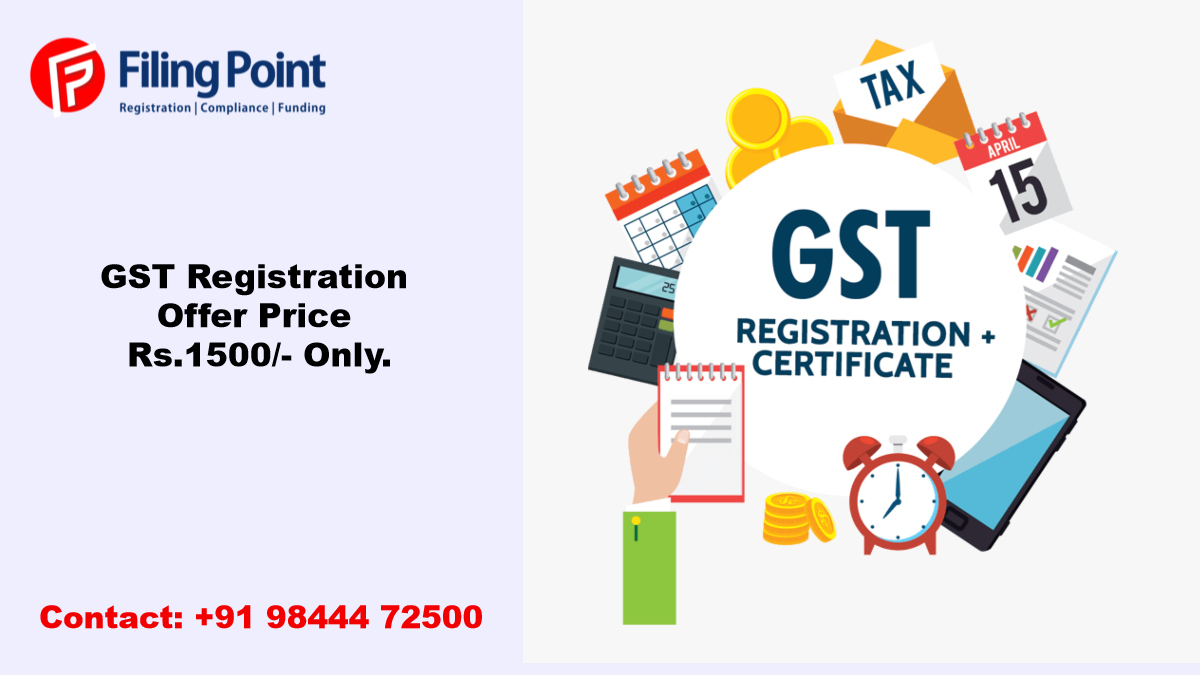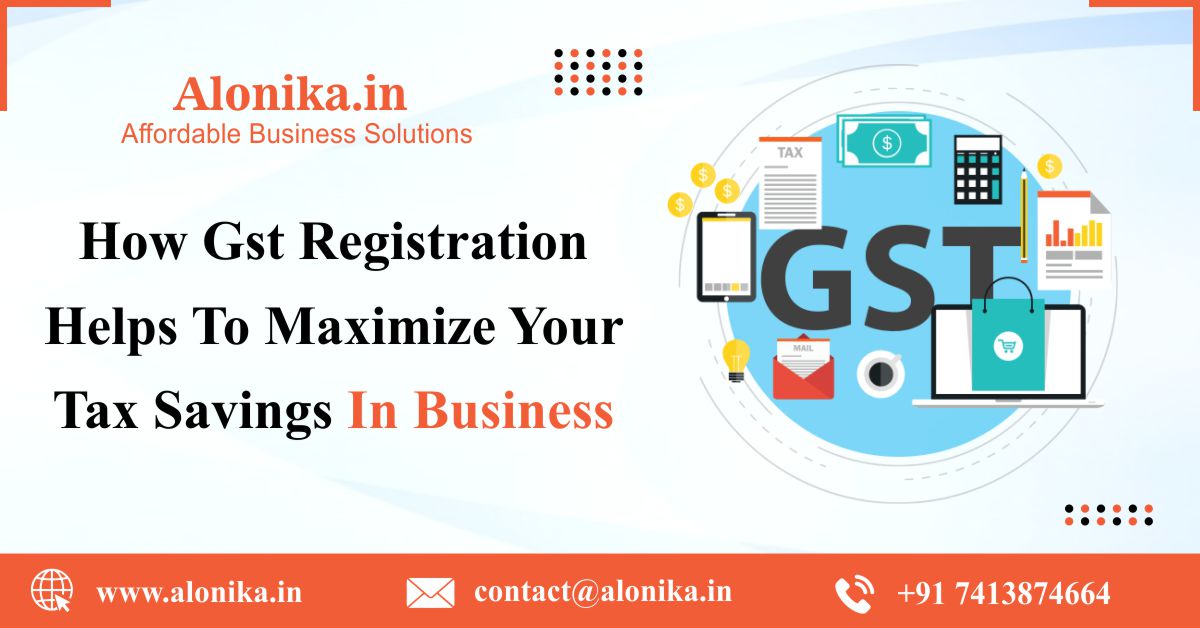Prevent Typical Errors in Singapore GST Registration for Your Company
Prevent Typical Errors in Singapore GST Registration for Your Company
Blog Article
The Ultimate Overview to Simplifying the GST Enrollment Process and Demands for Small Organization Owners

Comprehending GST Fundamentals
To comprehend the basics of the Product and Solutions Tax Obligation (GST) system, local business proprietors have to initially recognize its underlying effects and concepts. GST is a value-added tax levied on most goods and solutions for residential usage. It aims to enhance the tax process by replacing numerous indirect tax obligations imposed by the state and main federal governments. Under the GST routine, services are needed to gather and register tax in behalf of the federal government, ensuring openness and compliance.
Among the crucial concepts of GST is input tax credit rating, which allows services to declare credit score for taxes paid on their acquisitions. This mechanism stops the cascading impact of tax obligations and promotes performance in the tax system. In addition, GST is a destination-based tax, indicating that the tax obligation is levied at the point of intake rather than the factor of origin. This makes sure reasonable distribution of tax profits among states based on where the items or services are eaten. Understanding these fundamental concepts is vital for local business proprietors to browse the complexities of the GST system and guarantee conformity with the regulation.
Eligibility Requirements for Registration
Having established a foundational understanding of GST principles, little company owners should now satisfy specific eligibility criteria to wage the registration procedure. In India, entities participated in the supply of items or solutions with a yearly accumulation turn over going beyond Rs. 40 lakhs (Rs. 10 lakhs for unique classification states) are needed to register for GST. Additionally, certain organizations such as those entailed in inter-state supply of items, laid-back taxable persons, and those required to pay tax obligation under the reverse fee device have to sign up for GST irrespective of their turnover. Services that were registered under the previous tax regimen (BARREL, solution tax, etc) are additionally mandated to register under GST. Agricultural organizations that just supply produce out of key production are excluded from GST registration. It is essential for company owner to thoroughly evaluate their qualification based on these standards to make sure compliance with the regulation and avoid any fines for non-compliance.
Documents Required for GST Enrollment

Simplified Registration Process Actions
Adhering to the collection and confirmation of the requisite documents, the registration procedure for GST can be navigated with a collection of streamlined steps developed to help with effective conformity for tiny organization owners. The very first step includes seeing the GST site and selecting the 'New Registration' option. Subsequently, the candidate needs to fill up in Component A of the GST REG-01 kind with details such as PAN, mobile number, and email address to get an OTP for check here confirmation. When the OTP is gotten and entered, a Short-term Referral Number (TRN) is created for additional process. The next action needs completing Component B of the kind with necessary service information, posting supporting documents, and completing the verification procedure making use of DSC or EVC. Ultimately, upon successful verification, an Application Reference Number (ARN) is released, showing the completion of the GST registration procedure. By following these streamlined actions, tiny business owners can successfully register for GST and guarantee compliance with tax laws.
Tips for Ensuring Compliance
To maintain regulative adherence and functional honesty, diligent oversight and aggressive procedures are crucial in guaranteeing compliance with GST demands for little business owners. Small company owners need to stay upgraded with GST policies, submitting due dates, and any changes in tax prices to prevent fines and maintain a great standing with tax authorities. Participating in GST awareness workshops or training programs can boost understanding and conformity with GST policies, ultimately profiting the business in the lengthy run.
Verdict
To conclude, little service proprietors have to recognize the basics of GST, fulfill the qualification requirements, gather needed documents, and adhere to the streamlined enrollment procedure actions to ensure compliance. By simplifying the GST enrollment process and demands, small company proprietors can prevent charges and run their companies smoothly within the lawful structure - Singapore GST Registration. It is vital for local business owners to remain educated and certified with GST policies to maintain an effective company operation
Little business proprietors looking for GST enrollment must ensure they collect and submit the necessary records to complete the enrollment process successfully. The files required for GST registration typically consist of evidence of service registration or consolidation, PAN (Long-term Account Number) card of the business entity, identification and address proof of Singapore GST Registration the promoters/partners/directors, pictures, address proof of the location of business, bank account statements or terminated cheques, and consent forms. Attending GST understanding workshops or training programs can improve understanding and compliance with GST policies, ultimately profiting the organization in the lengthy run.
By simplifying the GST enrollment process and requirements, little business proprietors can avoid fines and operate their organizations smoothly within the legal structure. It is vital Read Full Article for small company proprietors to stay enlightened and certified with GST laws to keep an effective business procedure.
Report this page